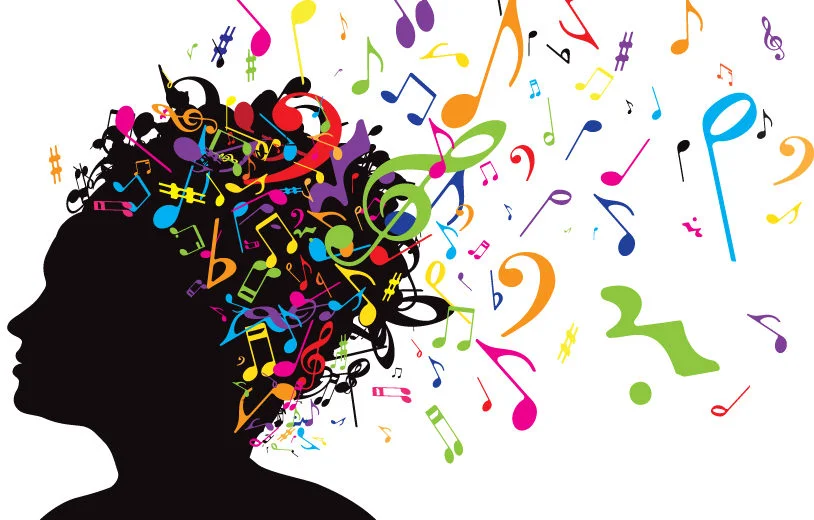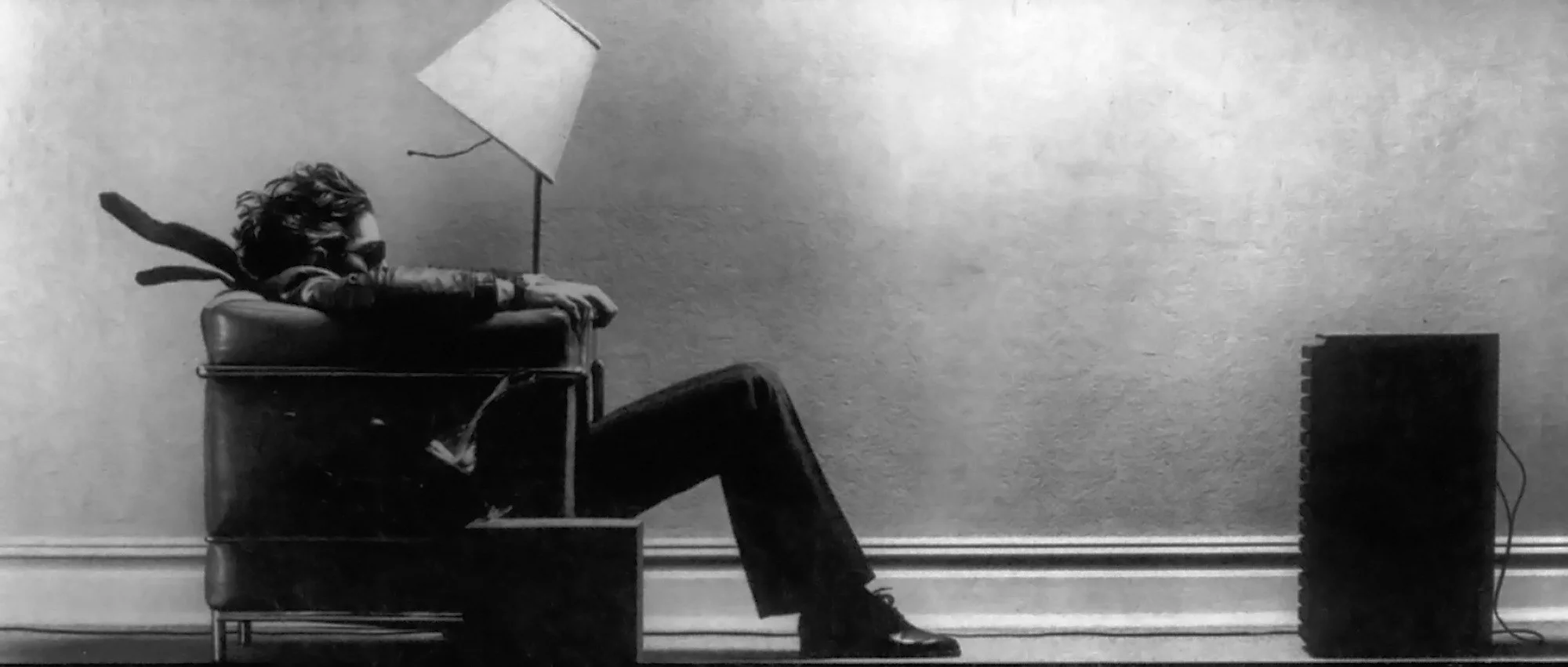As we continue to face obstacles with the pandemic, there has been a shift in becoming more dependent on technology to communicate with our workplace peers, clients, friends, and loved ones. Many celebrations consist of smaller groups often standing around a computer for virtual gatherings. Even in-person conversations pose challenges due to the elimination of visual cues and the dampening-effect on speech with face coverings. Today’s blog takes a deep dive into listening effort and strategies to improve communication with one another.
When we listen to speech through a phone, tablet, or computer, there are a lot of factors that impact the sound quality. A few examples include internet connectivity quality, multiple speakers in the same room, background noise, and limited sound-speaker quality for optimal listening. Speech might become distorted or parts of speech might be filtered-out due to a lagging internet connection or lack of visual cues. As the sound quality of speech and visual cues become increasingly degraded, we must rely more on additional parts of the brain to fill in the blanks. This means these situations become more than just an ear problem - it is an overall cognitive challenge. With this in mind, having strategies in place when we are in these challenging listening situations will help to reduce listening effort and improve overall brain function.
A few at-home strategies:
· Raise awareness: Let your loved ones know when you are struggling to understand. Advocating for yourself is a huge step for successful conversations.
· Utilize closed-captioning apps such as Live Transcribe, Otter Voice Meeting Notes, Speech Notes, Voice Notebook and e-Dictate (available on Apple or Android platforms).
· Provide written or visual cues when appropriate. If video conferencing, encourage the speaker to type out the conversation or context if needed.
· Instead of saying, “what?”, respond with “I heard you say something about _____?” Providing specific parts of what you heard allows the person to fill in the blanks.
· Consider your environment and any obstacles such as poor lighting or background noise.
For individuals with hearing loss or auditory processing difficulties, hearing aids can also play an important role with improving listening effort. Call us at Quincy Audiology for more information.
Stay well,
Quincy Audiology Team










